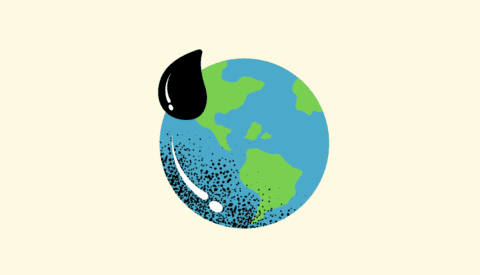Digital Forces Push Publishers Toward Shorter Books
Bookshops shelves display an increasing number of books with a smaller number of pages. Data seems to confirm that books with more than 400 pages are increasingly becoming a rarity. Why are shorter books being published, and what does that tell us about how we engage in our free time?
Article
2024

Article
«Reading time: 2 minutes…» is a more and more common alert from digital media under the headlines of the articles they publish. They are clearly aware of the acceleration of time and the limited availability most people have to dedicate two minutes of their life to any specific issue.
Fortunately, books do not include this warning on their covers — at least not yet. Because something is happening — as a report from the U.S. non-lucrative organization Wordsrated shows that publishing houses are producing increasingly shorter books. This study claims that, in the last decade, bestsellers have shrunk in volume by more than 11% and books with more than 400 pages are becoming increasingly rare.
«Good things, when short, are twice as good. Badness, if brief, is not so bad», wrote Spanish Jesuit preacher and philosopher Baltasar Gracián in his «pocket oracle» The Art of Worldly Wisdom back in 1647. The first part of the maxim became so popular it is still used nowadays to answer all kinds of questions.
So, is this the reason why books have fewer and fewer pages?
More profit for publishers
We could hardly argue that the shrinking of books is due to a greater quality of the texts they contain. Literary quality has nothing to do with the number of pages. Look at the average 600 pages of each one of the seven volumes of In Search of Lost Time, by Marcel Proust, and the just-over-100-page Metamorphosis by Kafka — just to compare in length two masterpieces of literature.
In Spain, the report Panorámica de la edición española de libros 2019, carried out with data from the ISBN Agency, reveals that the average number of pages of books is 250, with almost 50% of the books published having less than 200 pages.
We live in times of immediacy
If we look at the decline of profits in the publishing industry since the COVID-19 pandemic, mainly due to the rise of prices of paper and other industrial supplies, we can understand that the publication of shorter books can even the balance for publishers.
Before, someone could spend three months of their life reading one of Proust’s volumes, purchased for less than 20 euros. Now, instead, they could read three books like Kafka’s masterpiece for around 15 euros each. The benefit for the publishing house is thus ensured.
Changes in readers’ habits
But if we look at those on the other side of editorial marketing — that is to say the readers — we can observe that their habits have also changed. One of the reasons is the excessive exposure to technology which, moreover, seems to do its best every day to renew itself at greater speed, leaving just enough time to assimilate the changes.
We live in times of immediacy and the digital empire provides rapid and compulsive consumption that reduces the attention and concentration capacity of people. If viewers decide to consume series instead of films, it is because it is easier for them to find short periods of time for these small audiovisual pills, than a couple of hours to go to the cinema to watch a movie. The same could be true for reading.
And yes, we use the word «consume» because we are immersed in a society of quick and urgent consumption. The polar opposite of what meant, not so long ago, dedicating an entire afternoon to reading. Thus, the greatest books were enjoyed with calm. Currently, a short book can be read during several trips on the bus, the same journeys during which many people consume episodes of their favorite series.
Writing fewer words
And the authors? Do they already know the final length of their work once they start writing? We imagine that overall, not everyone who writes has in mind this tendency to reduce the number of pages. But many publishers and cultural celebrities denounce this growing desire to get published and «be a writer», rather than — ultimately — to write per se.
Could book covers also include a reading time like digital publications in the future?
The majority of the manuscripts publishing houses receive are increasingly brief. We observe the same trend in literary contests. A great majority of them has a page limit in the competition rules, which — without a doubt — excludes many works that may have a great scope, not only in volume but also in literary quality. This encourages those who dream of being published to write texts lacking in value with the sole intention of submitting them to these contests.
It is difficult to predict if — in a not-so-distant future — book covers will also include a reading time, like digital publications. Let us trust that, should this happen, we will be certain that the content follows the maxim of Baltasar Gracián.
This content is part of a collaboration agreement of ‘WorldCrunch’, with the magazine ‘Ethic’. Read the original at this link.






